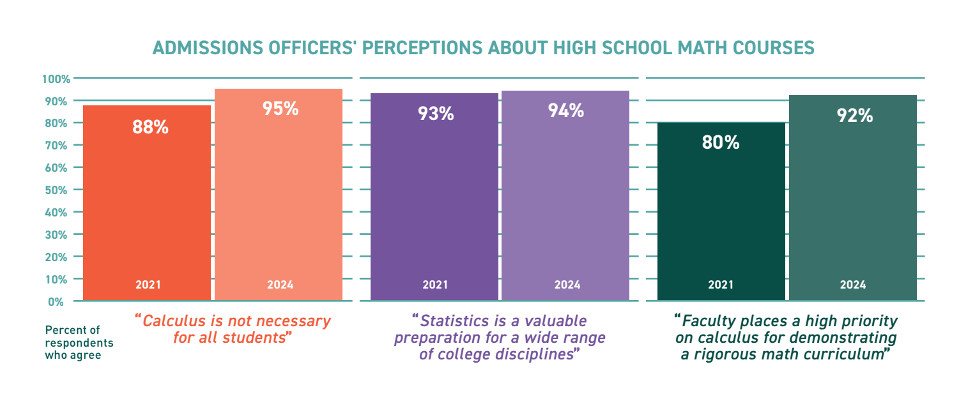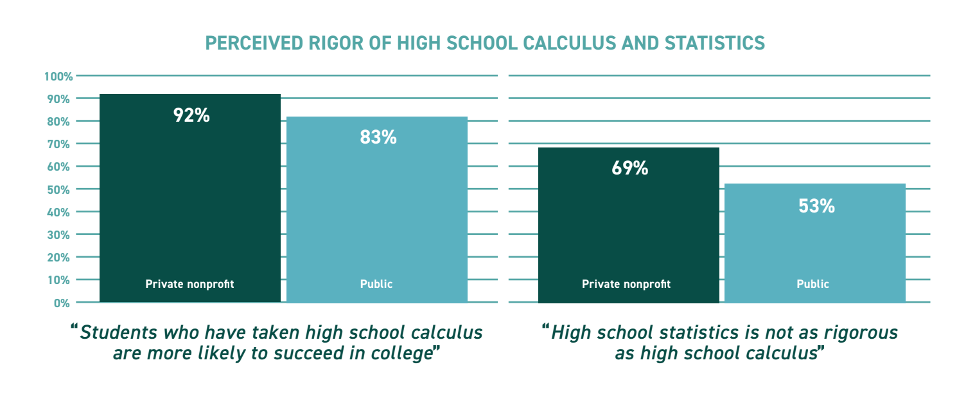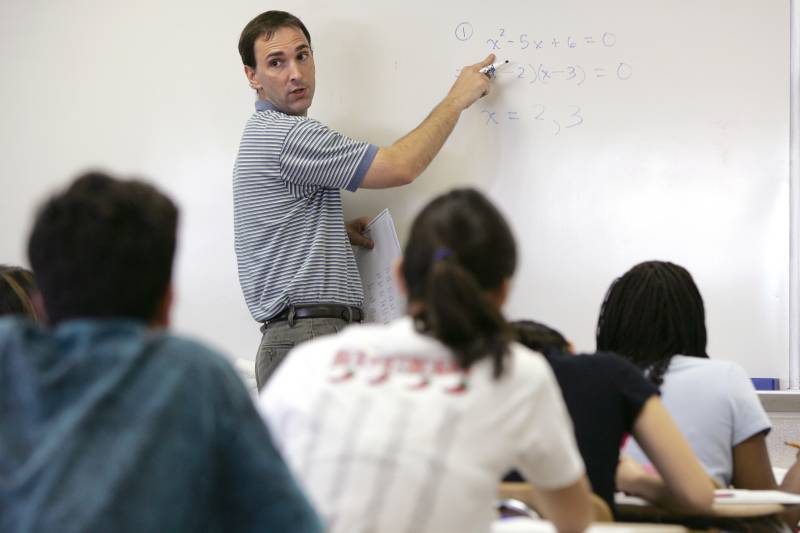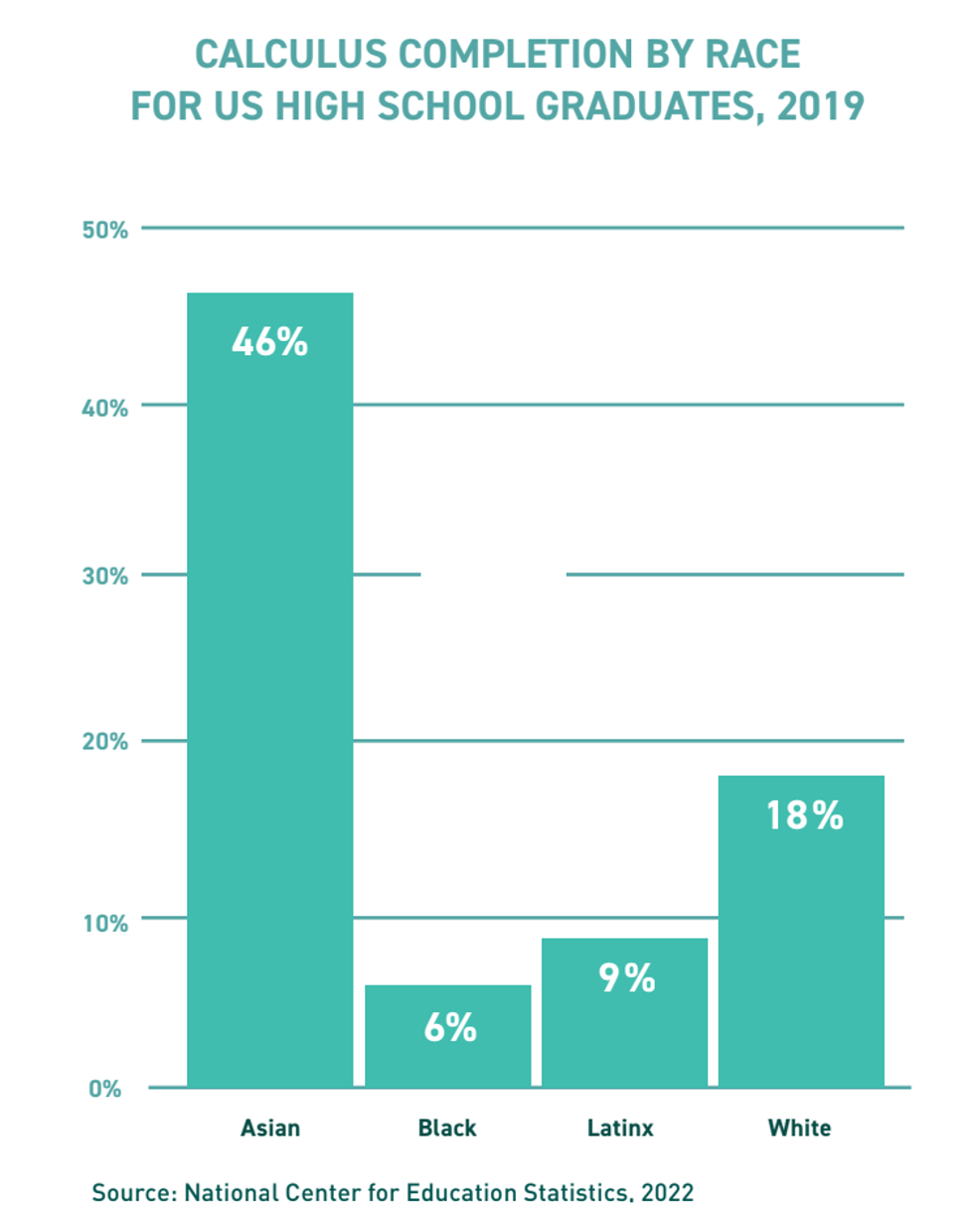Calculus can be a miserable slog for many high schoolers. It’s estimated that 20 percent of students (about 800,000 a year) take the subject, generally when they are seniors. I was surprised to learn that it’s not just students who despise the pressure to take calculus. Professors, math education experts and equity advocates also hate how the subject seems to have become obligatory for every college bound student.
University professors in non-STEM fields think high school students would be better off learning more useful math, such as statistics, data analysis, accounting and spreadsheets. Math professors say that students are racing through the high school math curriculum too quickly and arriving at college with weak algebra skills. “Stop wasting time on calculus in high school! Concentrate instead on making sure your graduating students have a rock-solid foundation,” one math professor complained to researchers in a 2016 study. Most students who need calculus for their majors end up retaking the introductory course in college.
Even more troubling is the fact that the calculus track often serves to separate rich and poor students, sorting middle schoolers between an accelerated path to calculus and a slower path that does not include calculus. An estimated 17 percent of U.S. high school students have no access to calculus at all, even online or through a community college.
So why do more than half of U.S. high schools offer calculus and why do so many students choose to take it? Many critics point their fingers at college admissions. A new survey of more than 130 college admissions officers, released Dec. 9, demonstrates how calculus has become a proxy for academic rigor. Even though 95 percent of the respondents agree that calculus isn’t necessary for all students, 74 percent put the College Board’s Advanced Placement calculus course among the top four math courses that carry the most weight. Almost a third of respondents said calculus gives a student an edge in admissions. Eighty-nine percent believe high schoolers who take calculus are more likely to succeed in college. Meanwhile, newer math courses are not seen as rigorous; 62 percent of respondents say that calculus is more rigorous than courses such as data science and statistics.


The survey was conducted in August and September by the National Association for College Admission Counseling (NACAC) for Just Equations, a nonprofit that seeks to broaden the math curriculum and make the college application process more equitable for low-income students. Only 133 college admissions departments completed surveys that were distributed to 1,115 colleges and universities around the country. The results are not nationally representative, so they cannot be directly compared with the first time this survey was conducted in 2021. But Pamela Burdman, executive director of Just Equations, said the survey responses in 2021 and 2024 were “pretty consistent” and show that the “emphasis on calculus has not changed,” despite her organization’s and other advocates’ efforts to increase math options in high schools.



